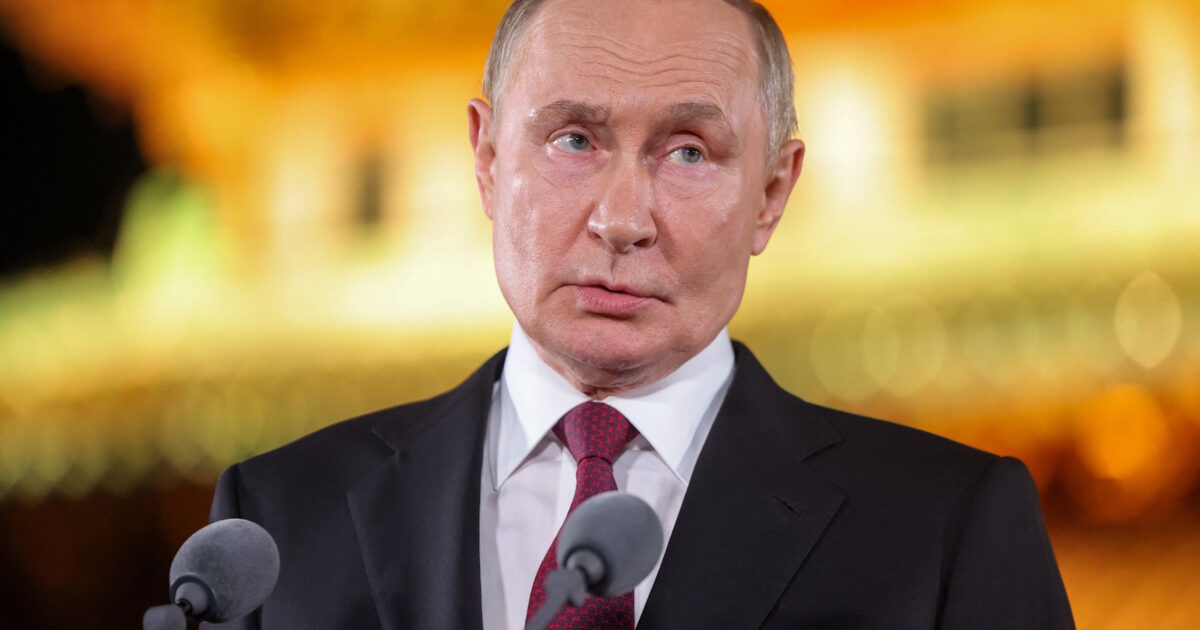Constants aims to maintain federal expenditure (ed for wages, defense, infrastructure) the Russia Next year, while considering increasing taxes to cover the widening fiscal deficit, as fiscal pressure from the war in Ukraine continues to grow.
The Russian Treasury has pledged to maintain spending firmly after continuous annual increases in 2022, when the invasion of Ukraine began, according to a source reported by Bloomberg.
Officials have also proposed to increase value added tax (VAT) from 2026 and extend its imposition to a wider range of taxpayers, a move that could bring about 1 trillion. rubles ($ 12 billion) in annual revenue, the source says.
Costs related to war and reduce revenue from oil and gas are forcing Moscow to consider harsh choices that will balance the budget. The government is considering not only tax increases, but also a possible redistribution and cuts of some costs on citizens programs, according to sources.
The government is expected to submit the budget of 2026 to Parliament on September 29th.
An important development will be the increase in VAT by two percentage points to 22%, according to sources, confirming the first data published by The Bell (Russian driver for the Russian economy). In addition, the tax will be levied on a much larger number of companies.
Companies with annual revenue of more than 60 million rubles pay VAT to the government, although in practice they often pass tax on consumers in the form of higher prices. The limit could be reduced to 10 million rubles in revenue, according to the source.
“We need to strengthen the budget so that it can respond to any difficulties we face,” Finance Minister Anton Siluanov said last week during a Moscow forum. The Plans of the Ministry of Finance for the budget are not unchanged and, during the prolonged war, the government has repeatedly exceeded its goals.
Expenditure is expected to reach 42.3 trillion. rubles, or about 19% of gross domestic product (GDP) in 2025, after an adjustment to the middle of the year that added 829 billion rubles to the plan. The budget deficit increased sharply from the original target of 0.5% of GDP to 1.7%. The latest VAT increase increased the tax by two percentage points in 2019.
The Central Bank strongly opposed this move then, warning that it would feed inflation. Now it looks less anxious. “If there are additional fiscal spending, it is best to be covered by revenue than a deficit increase,” Russian Bank Governor Elvira Nabiulina said earlier this month. “If the deficit increases, we will need a higher basic interest rate.”
Business leaders have opposed the idea. Alexander Shock, head of the Russian Union of Industrialists and Entrepreneurs, said VAT increases are “the most unpleasant to businesses and the population”. He warned that the highest burdens would lead to price rise. “After all, it will be the consumer who will pay,” he said.
